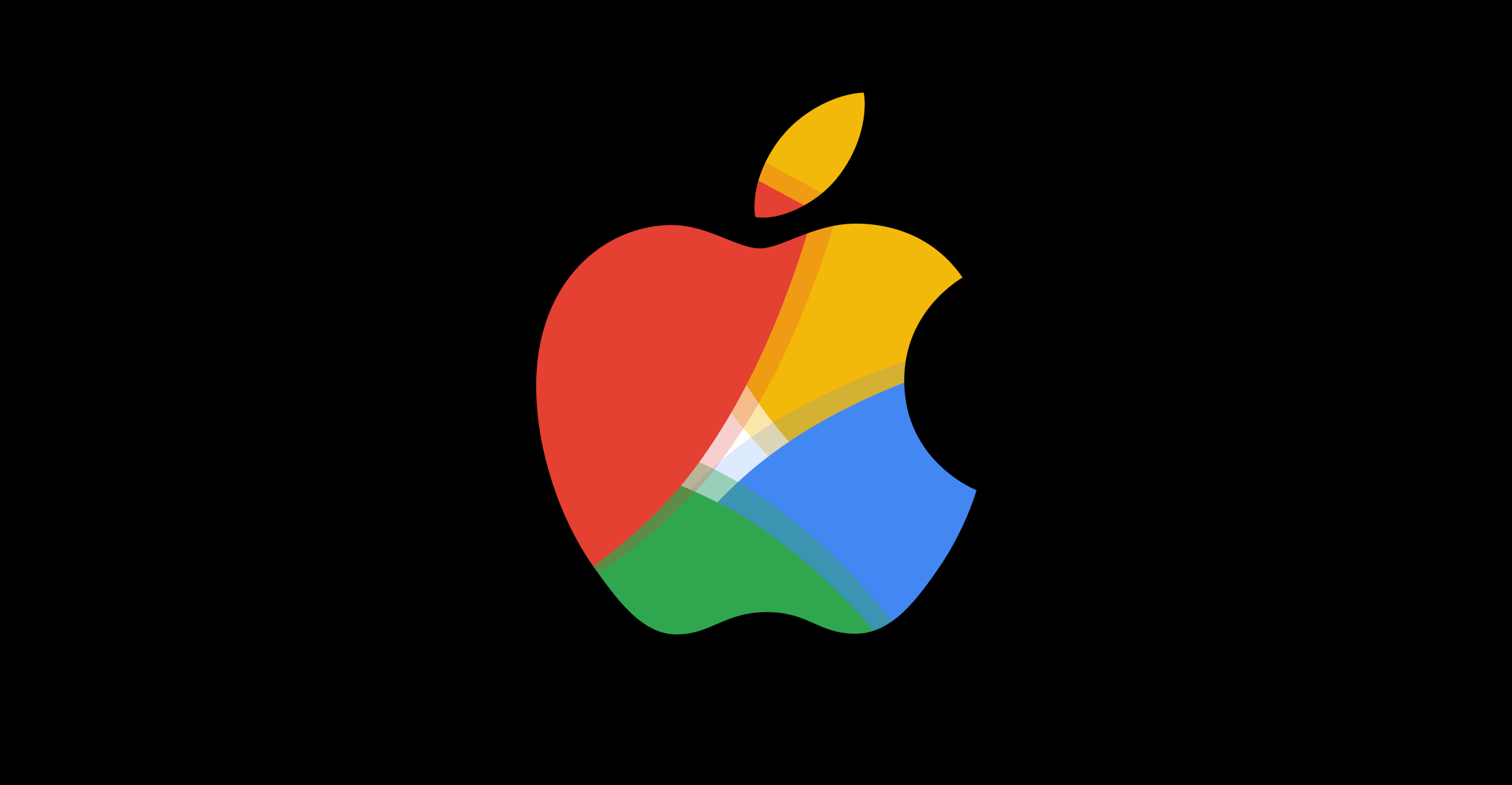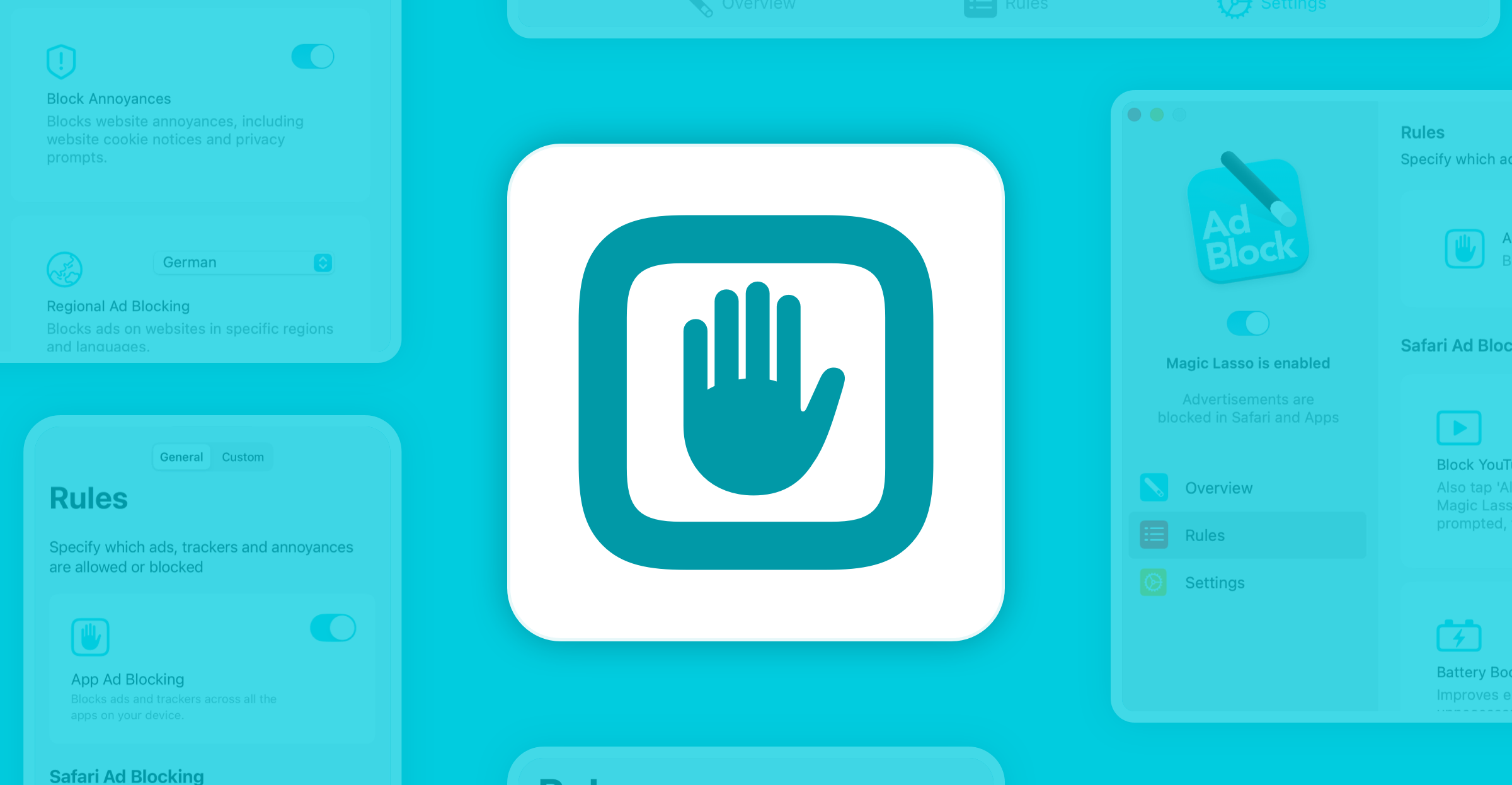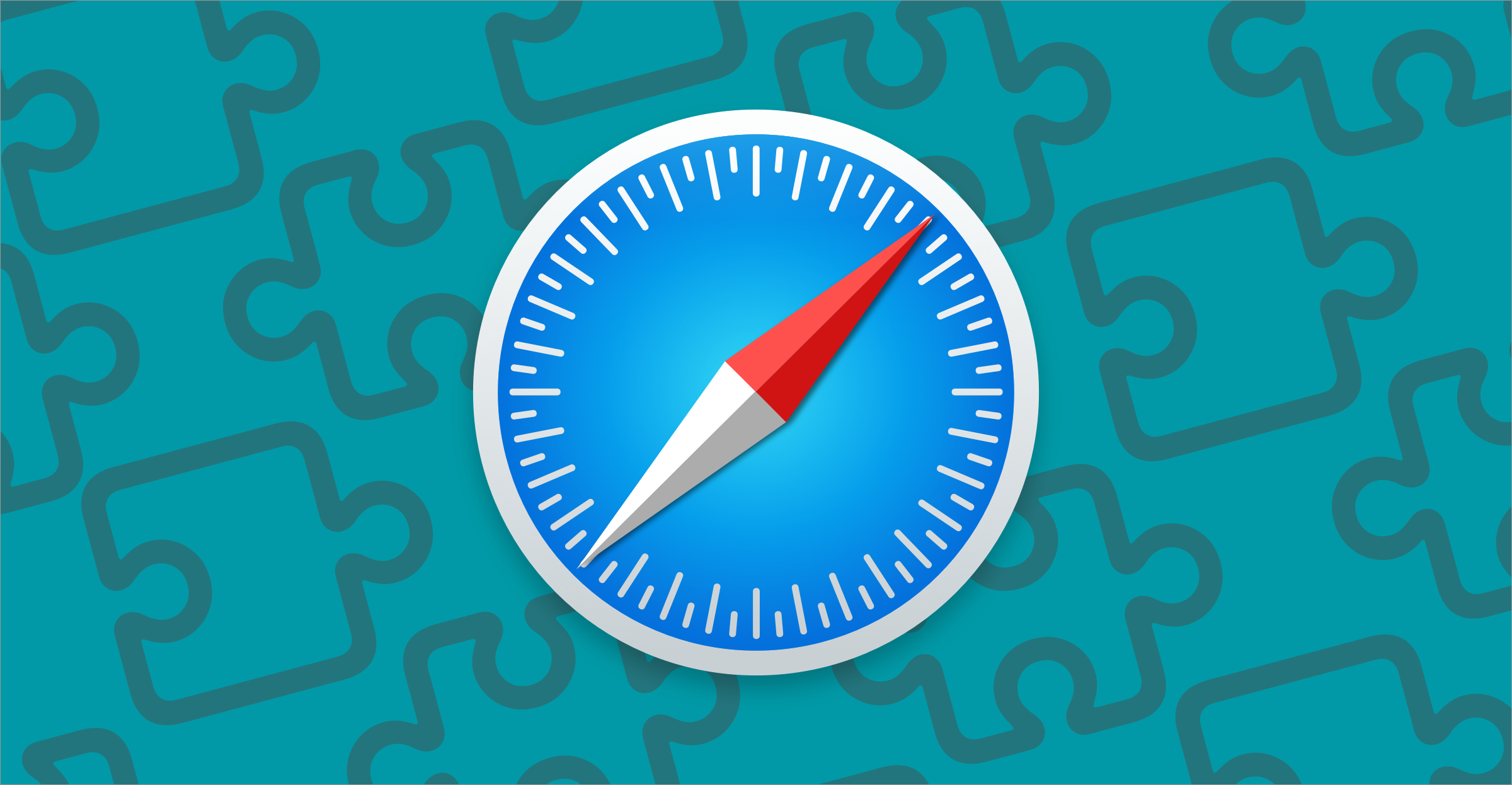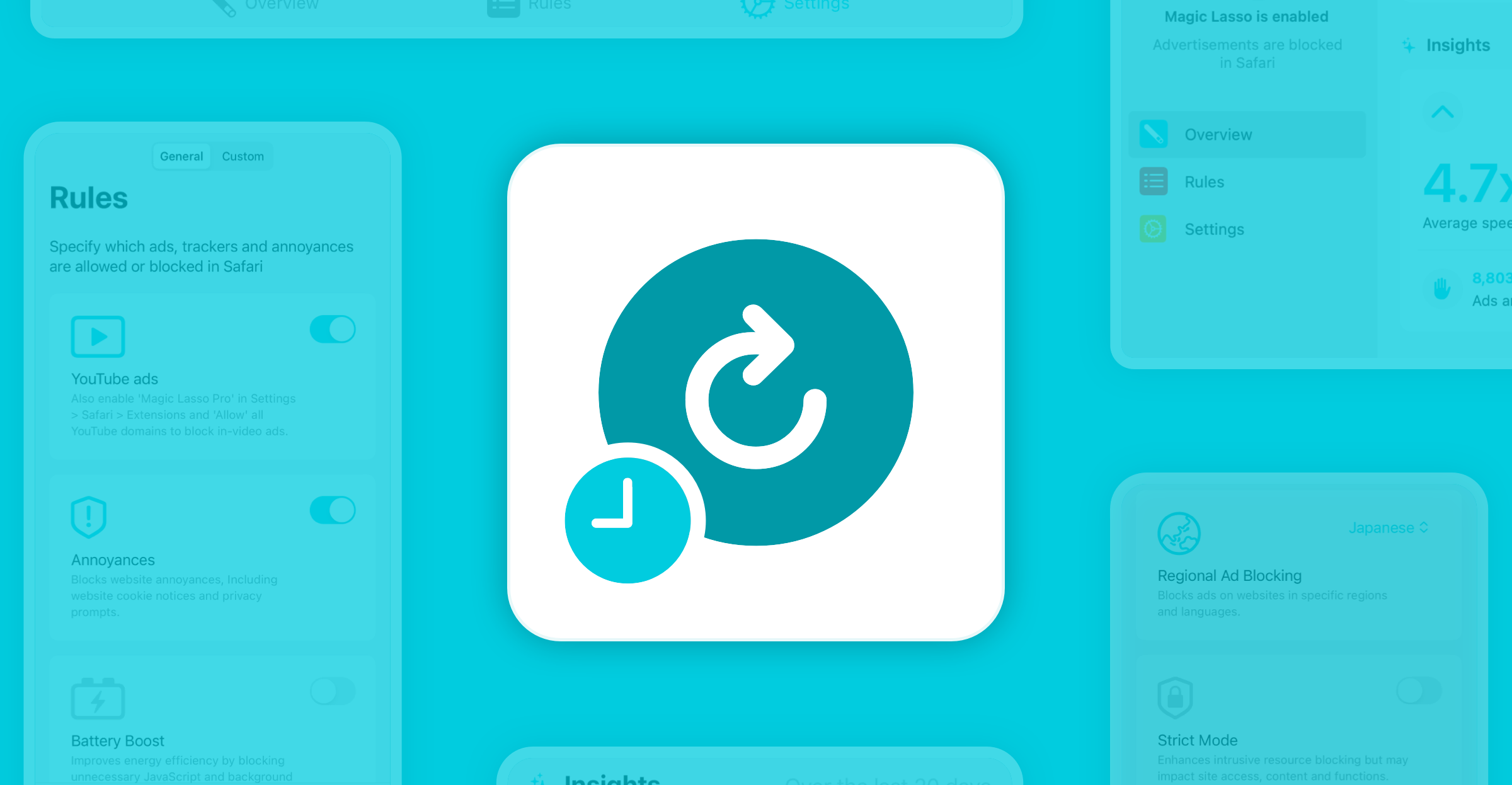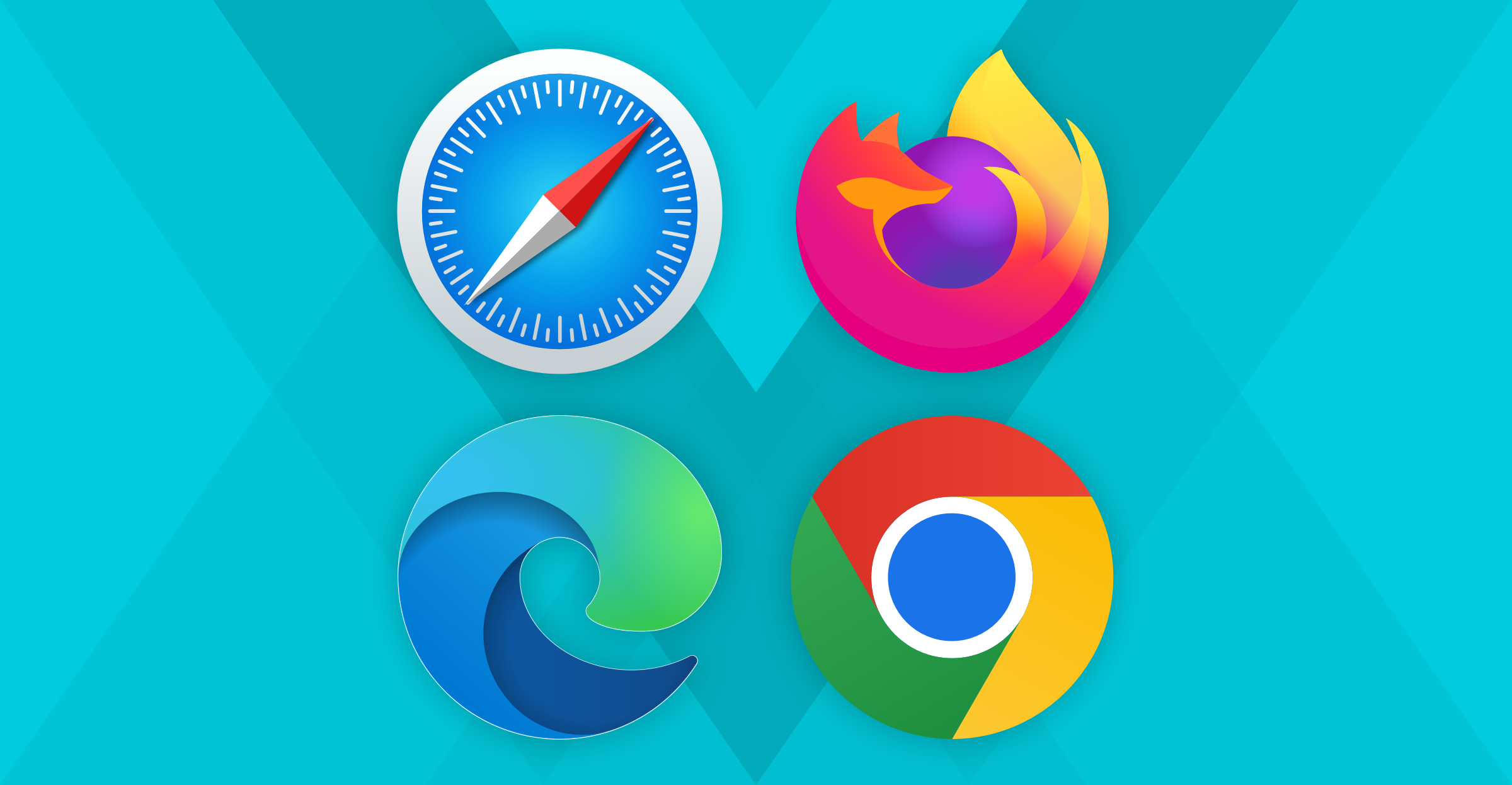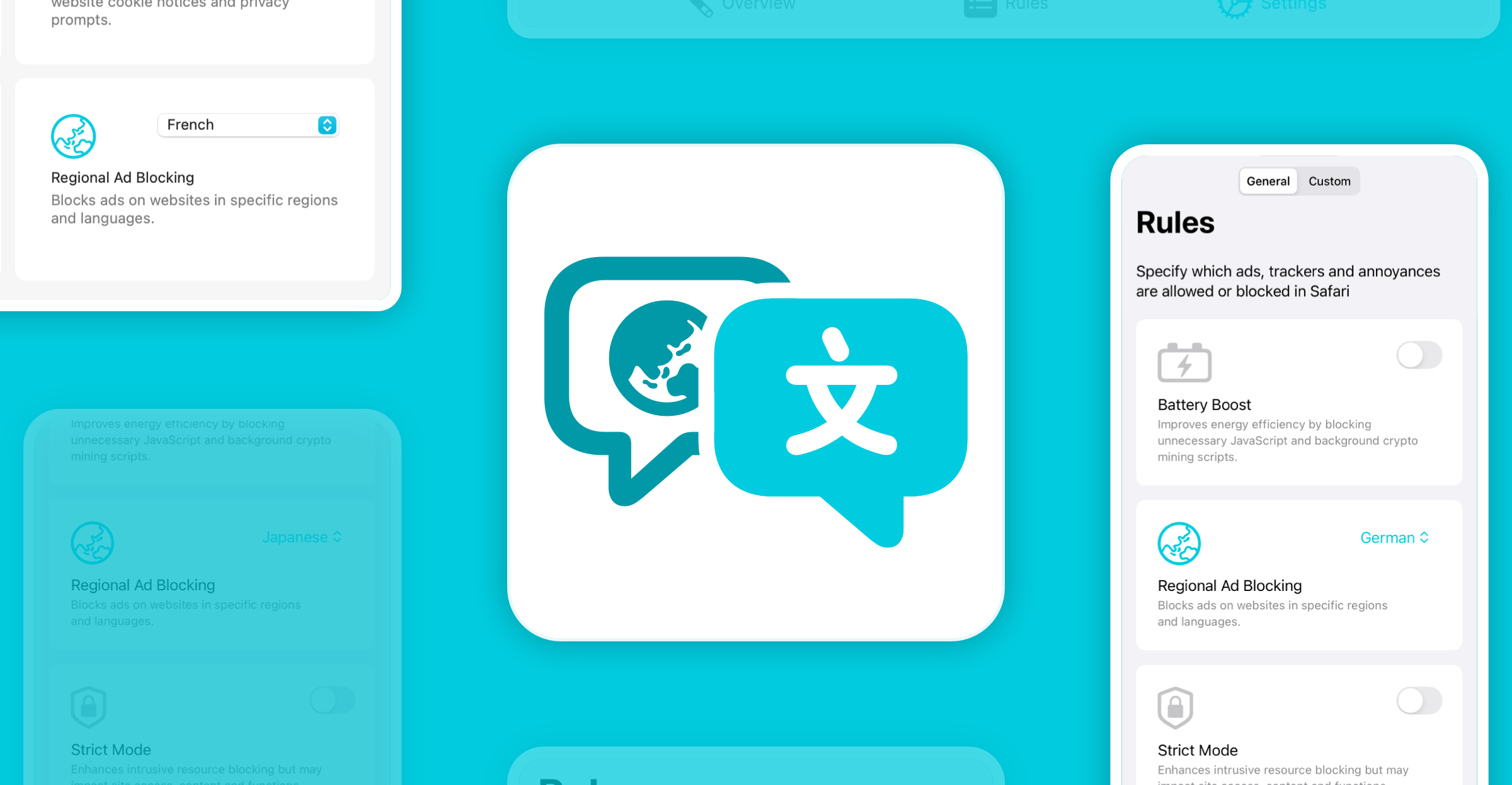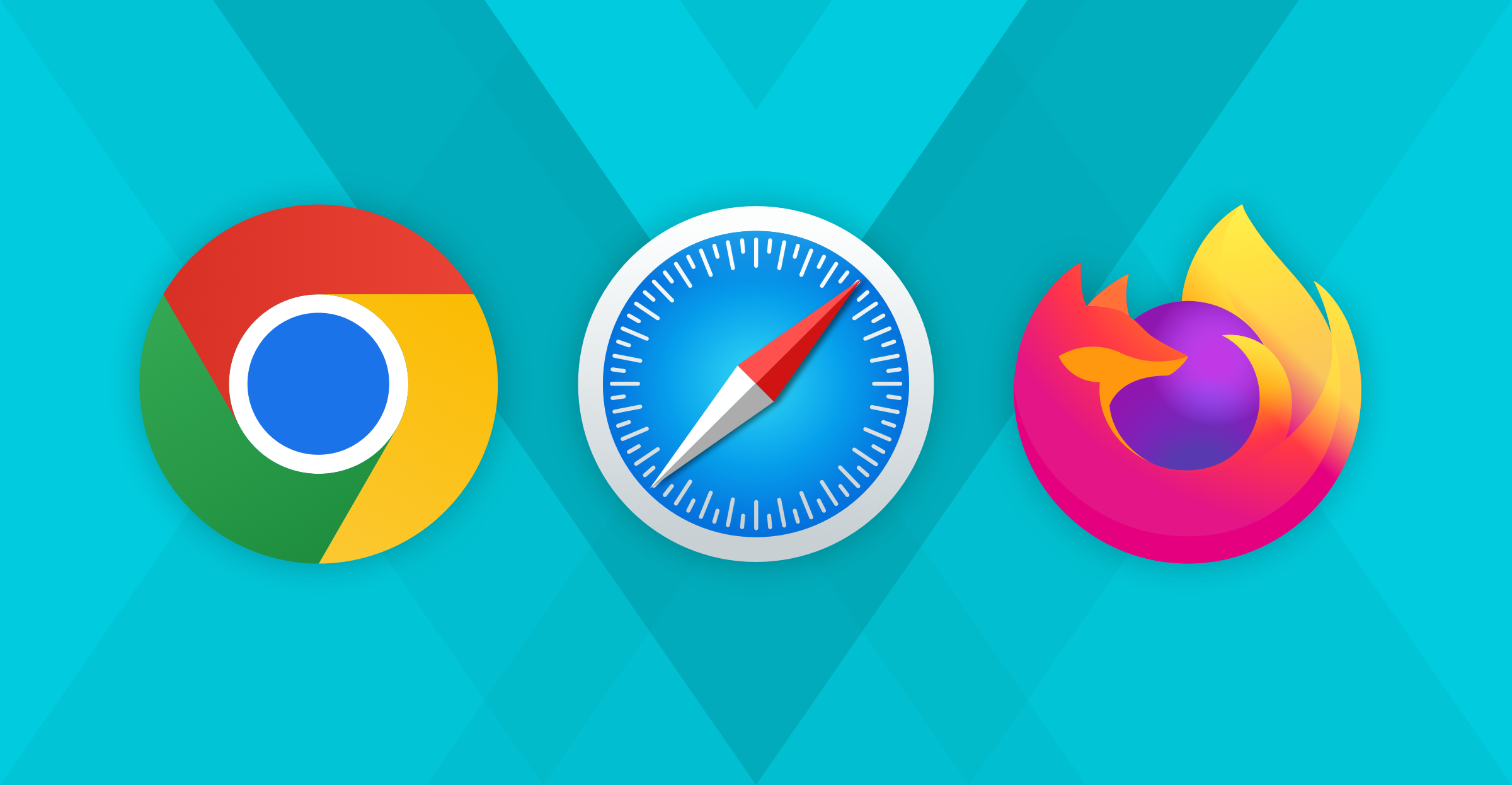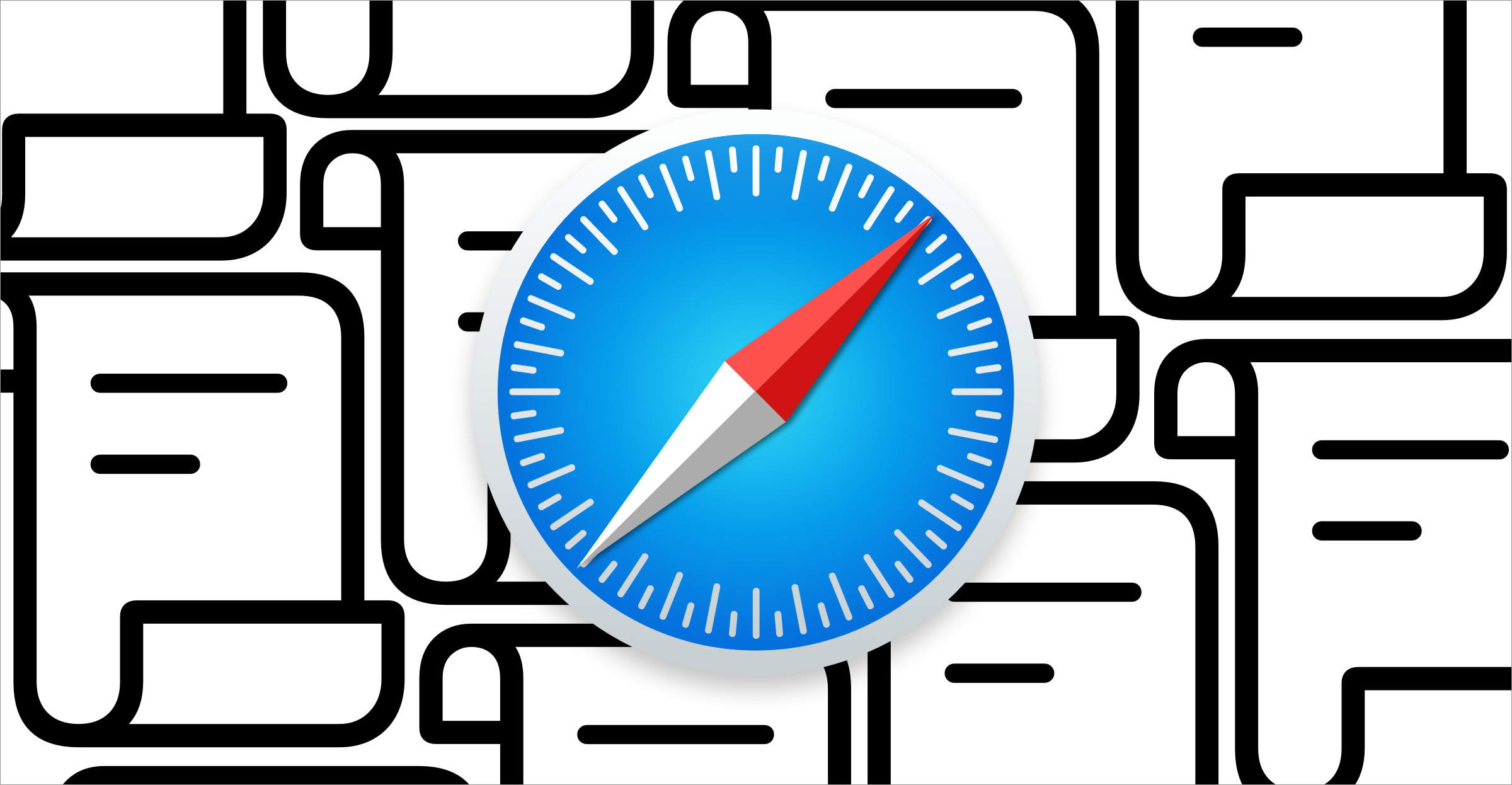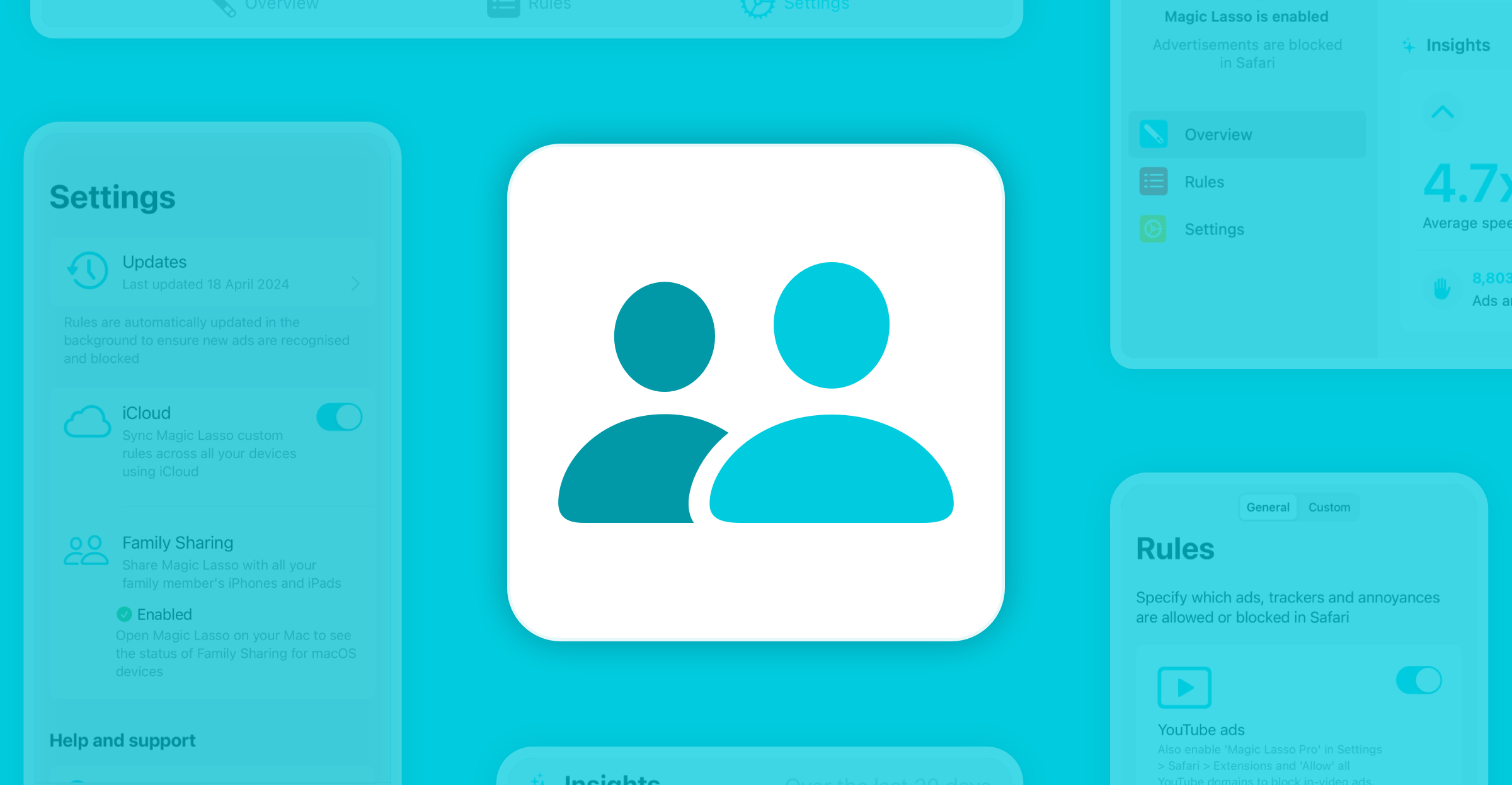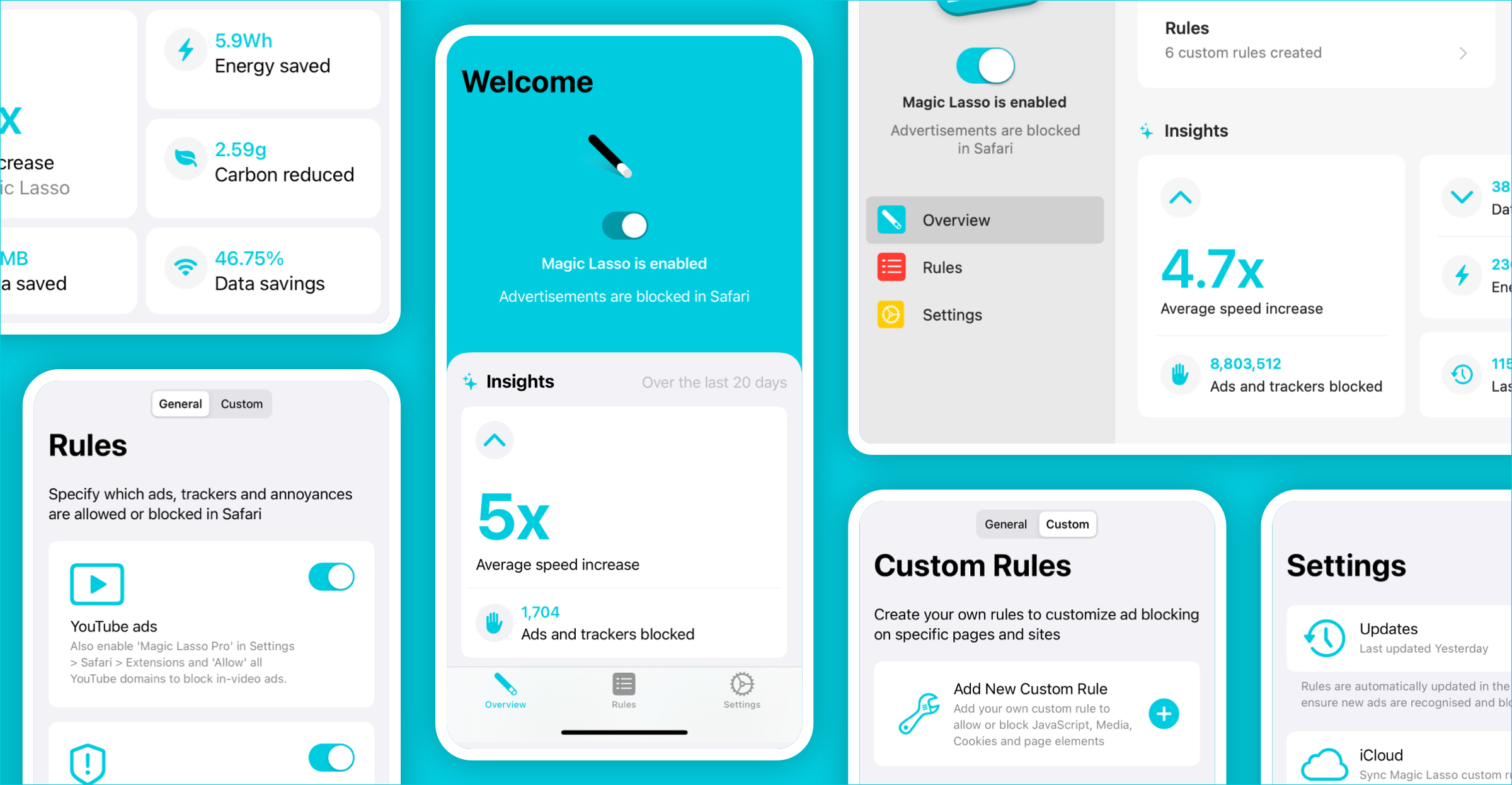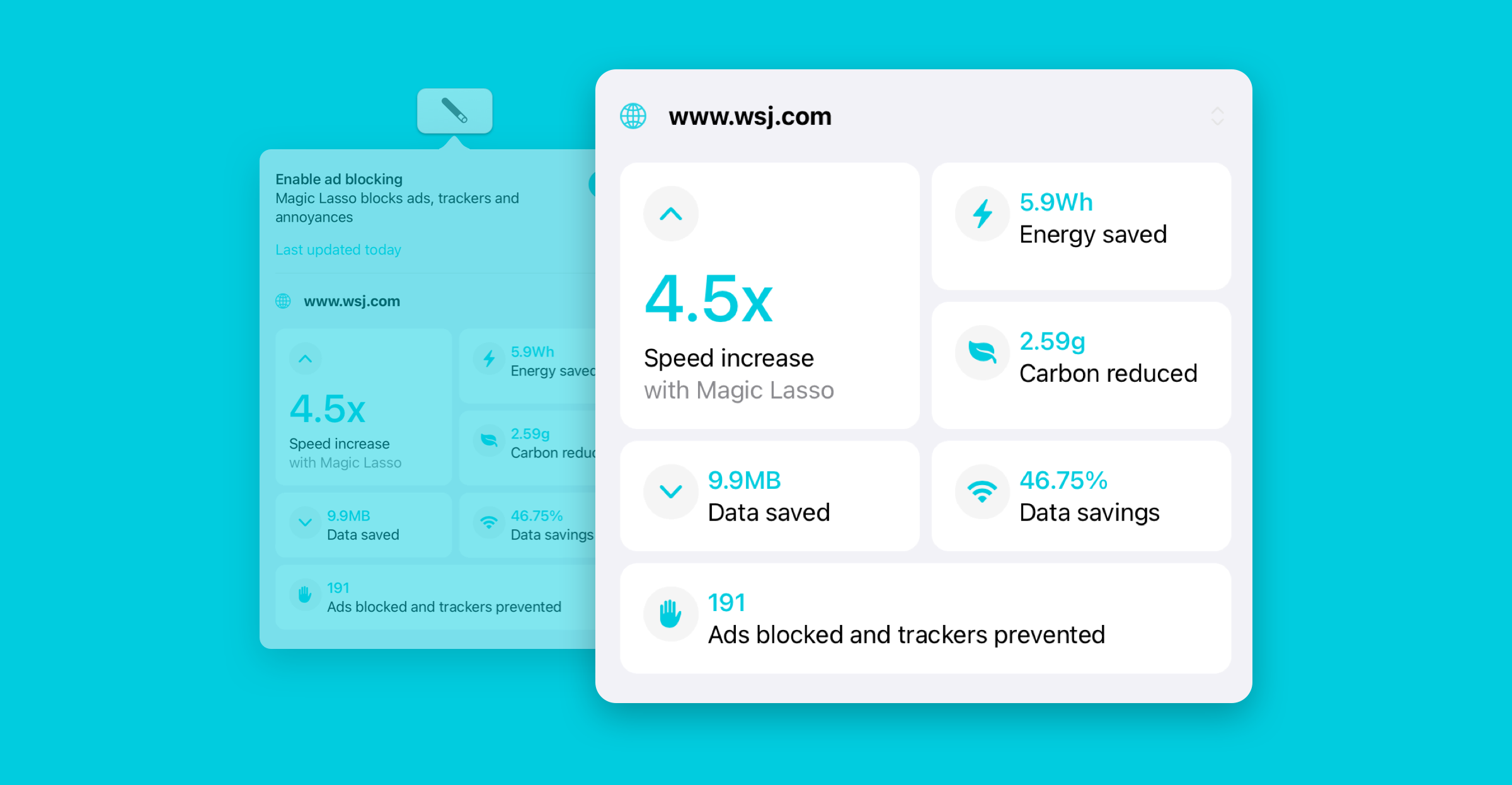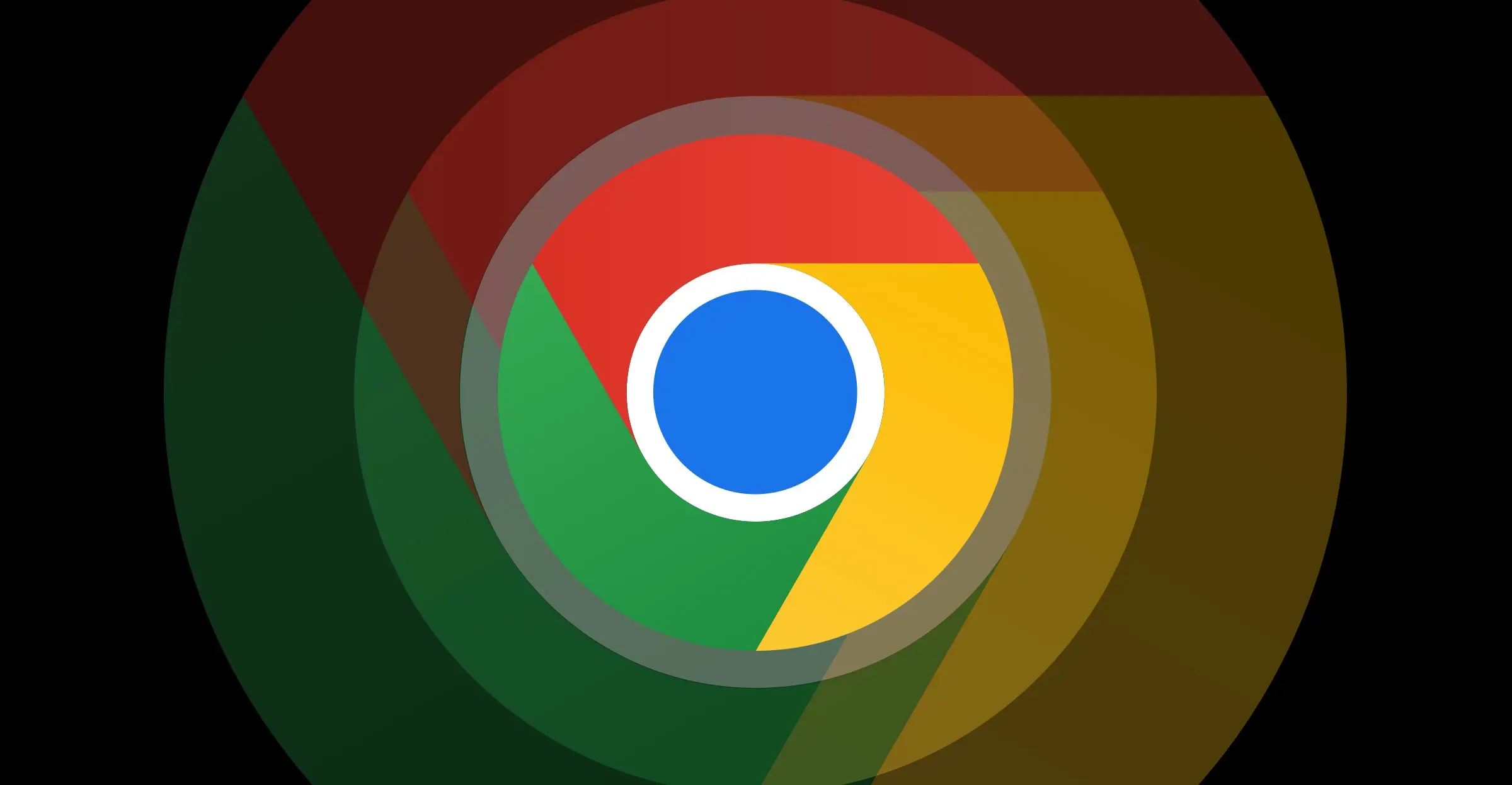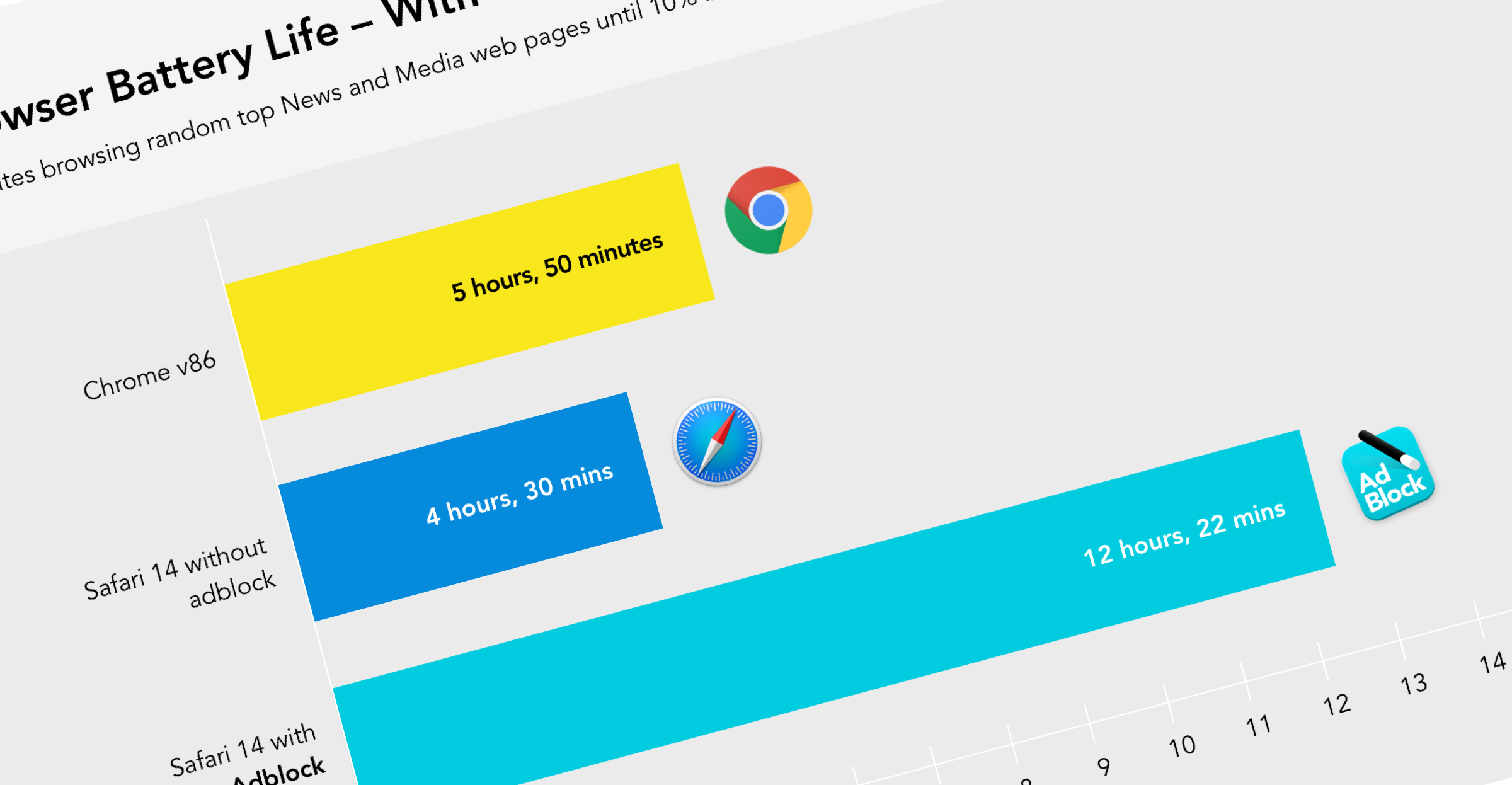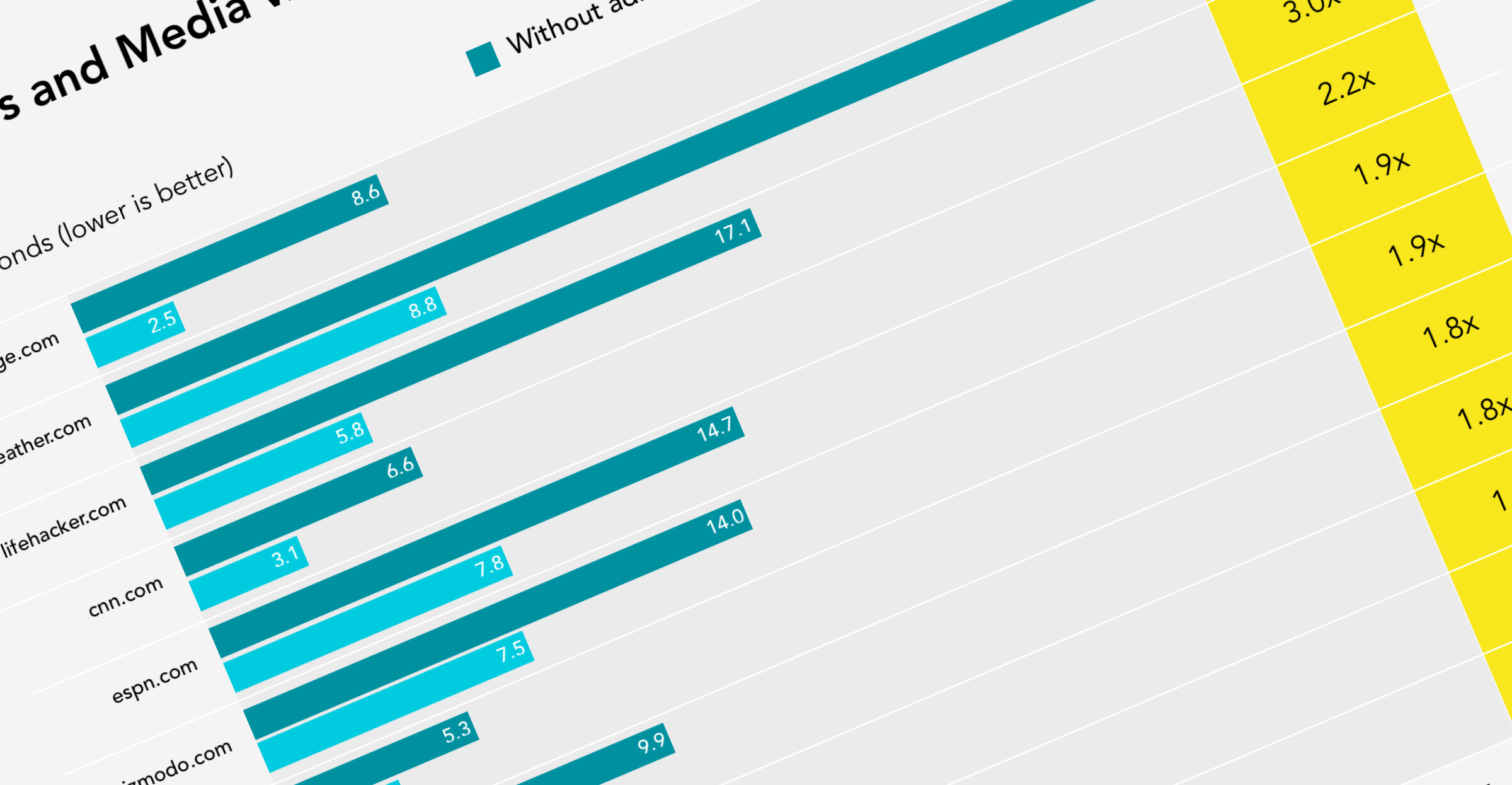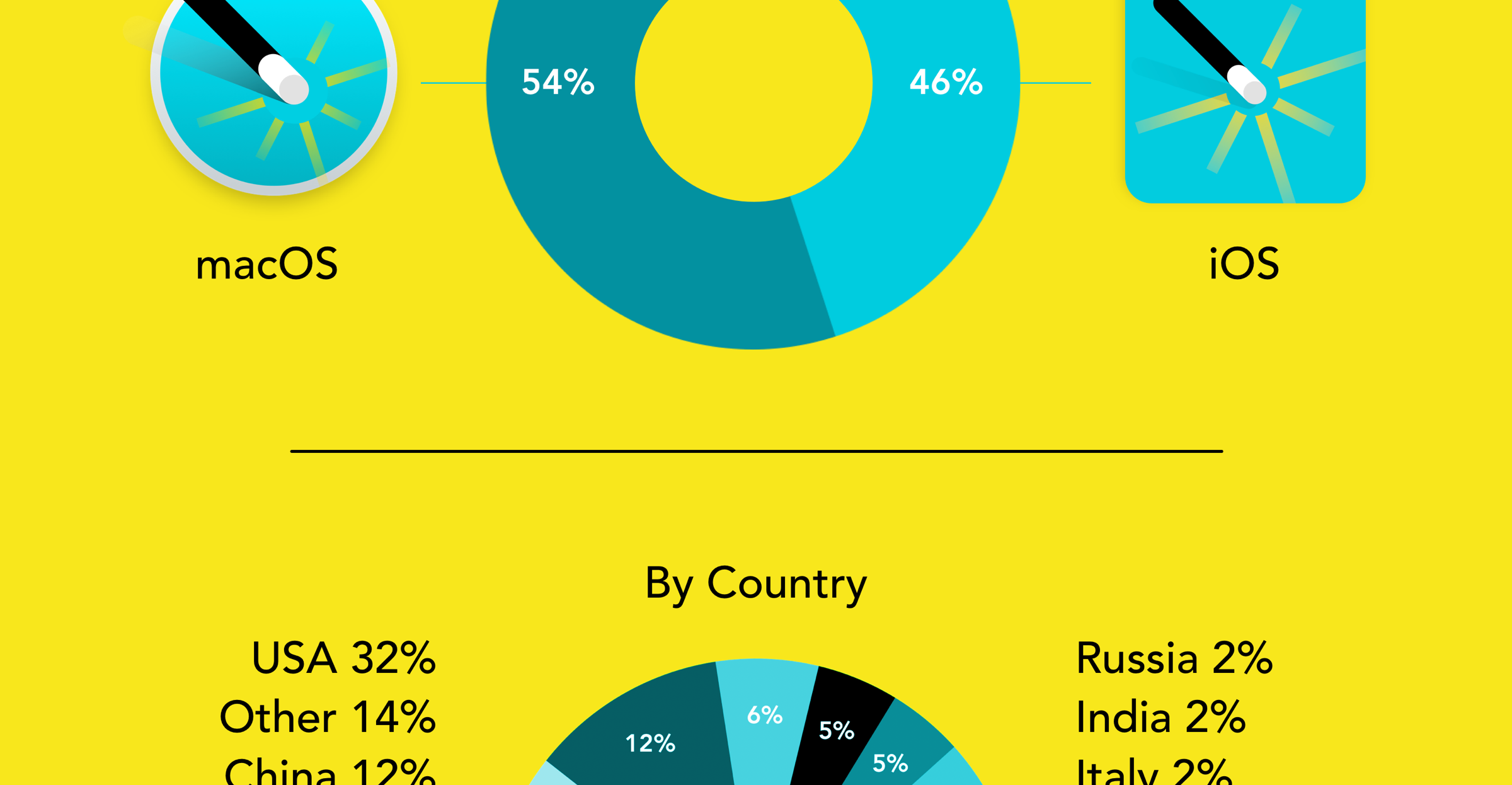For years, Google has been the default search engine on Apple’s Safari browser, but recent developments have made it clear that the search giant is no longer the best option for Apple.
With deteriorating search quality, increased spam, and a rise in AI chatbots like ChatGPT, Google’s relevance is waning. And with privacy concerns mounting and Safari starting to gain web browser leadership, it’s becoming more difficult for Apple to continue the partnership.
It’s time for Apple to end this partnership and find a more suitable alternative.
Google Search is Dying
Google’s search quality has been decreasing for years, with more ads, less useful links, and more knowledge-based content. Many people are commenting that Google is no longer producing high-quality search results. Some searches show the entire screen filled with Google ads instead of organic search results. In fact, an increasing number of users have even turned to alternative sites like Reddit for their search queries.
To make matters worse, the rise of AI chatbots like ChatGPT has become a one-two punch to Google’s search dominance. The large language models (LLMs), on which ChatGPT is based, are writing Google’s obituary.
Initially, they’ll assist in the creation of large-scale SEO spam content, likely exacerbating existing problems of search relevance.
Secondly they’ve given Bing, Google’s biggest search competitor, momentum that it was sorely missing. The integration of ChatGPT functionality in Bing led to over 100M daily active users in just the first month of release.
Bing’s ChatGPT integration has also shown that Google is no longer on the leading edge of machine learning innovation. As a response, Google hurriedly announced and released Bard, their LLM chatbot. Comparisons show that Google’s Bard chatbot to be less useful and less sophisticated than both ChatGPT or Bing’s chatbot.
Finally, no-one has yet demonstrated a proven business model for AI chatbots. At least none that can replace the billions that Google currently makes via search and cost-per-click keyword advertising.
With nothing to lose, a smaller competitor could go all-in on chatbots as an alternative to the Google search box habit. But for Google itself, until there’s a proven and lucrative business model, the strategy cost would be too large.
Privacy. That’s (sometimes) Apple.
Privacy is a key concern for many users, and it’s one of the reasons why Apple has been so successful with its privacy focused marketing campaigns. However, one area where Apple falls short is with its default use of Google Search in Safari.
Google’s placement in Safari undermines Apple’s core brand value of privacy and security. Incomplete web address text, manually typed addresses, and much of your browsing behaviour is transmitted to Google due to this partnership.
Giving a significant amount of user data, which can be used for targeted advertising and other purposes to Google, violates users’ privacy and is something that Apple needs to address.
If Apple decides to remove Google as its default search engine, does it have the pieces to replace it?
Apple’s Spotlight Search is already a powerful tool for finding files and documents on both a user’s device, and on the web. With its own web crawler, the Apple Bot, Apple crawls the web and indexes pages to be used in Spotlight Search results. Although Spotlight’s web results are currently limited in both scale and placement, Apple could expand its reach and index more pages to provide greater relevancy.
Apple could also supplement its own results with a more limited partnership, if necessary, to integrate third-party web results. Microsoft happily partners with several search engines, such as DuckDuckGo, to provide users with more diverse search data and would likely be a willing partner to Apple. By partnering with Microsoft, Apple could quickly offer comprehensive search results while still maintaining control and a focus on privacy and security.
Apple has already demonstrated that they can create successful alternatives to Google products. Apple Maps, launched in 2012, initially faced several hiccups and criticisms, but today, it arguably matches or exceeds Google Maps in many areas.
With that in mind, Apple has the necessary expertise and components to replace Google as its search partner.
How Can Apple Replace $15 Billion in Revenue?
Apple’s partnership with Google generates a significant amount of revenue, reportedly between $8-12 billion in 2020 alone, and potentially as much as $15 billion in 2021.
This agreement apparently includes terms stating that Apple will not develop its own internet search engine. So, how can Apple replace such a significant revenue stream?
If you didn’t know, Apple is an ad company now. It’s estimated that ads brings in $4 Billion per year in revenue, primarily through the App Store. With experience in large-scale keyword based cost-per-click advertising in the App Store, it would be straightforward to bring this technology to a web-based Apple Search product.
Seamlessly, through a software update to their two billion active devices, Apple could direct almost 20% of global search traffic (Safari’s current browser marketshare) to their own search solution.
That would also redirect 20% of Google’s $162 Billion search market (in 2022) – or over $30 Billion annually – to Apple’s search advertising product. Redirected revenue that is more than double the amount that Apple is reported to receive through the existing Google search partnership.
So the question becomes not if Apple can replace $15 Billion in revenue. The question becomes why is Apple currently forgoing an additional $15 Billion in revenue?
It’s time
Apple should end its long-standing partnership with Google Search and find a more suitable alternative. All of the pieces are in place for Apple to successfully take on the web search business – with no technical, product or business impediments remaining.
With the necessary components and expertise, it’s time for Apple to take the bold step of replacing Google Search and bring more competition to the space.



